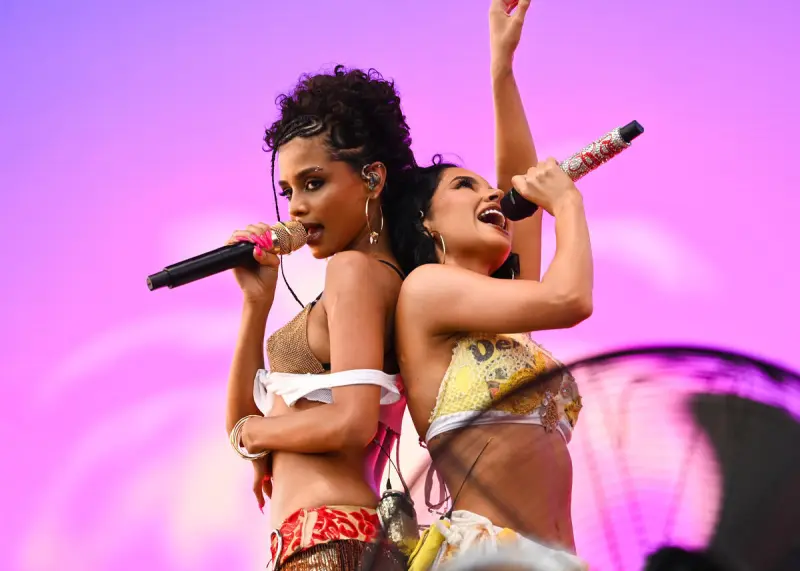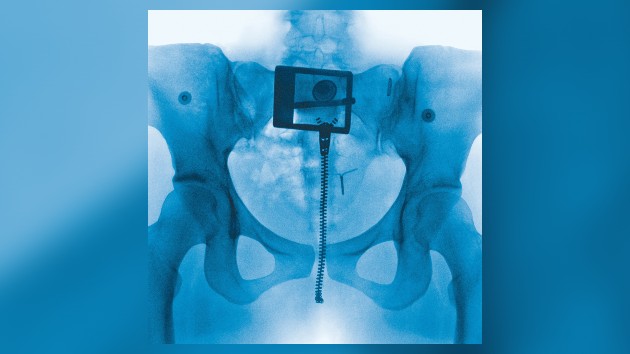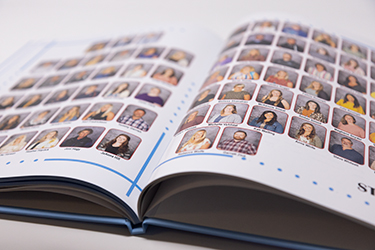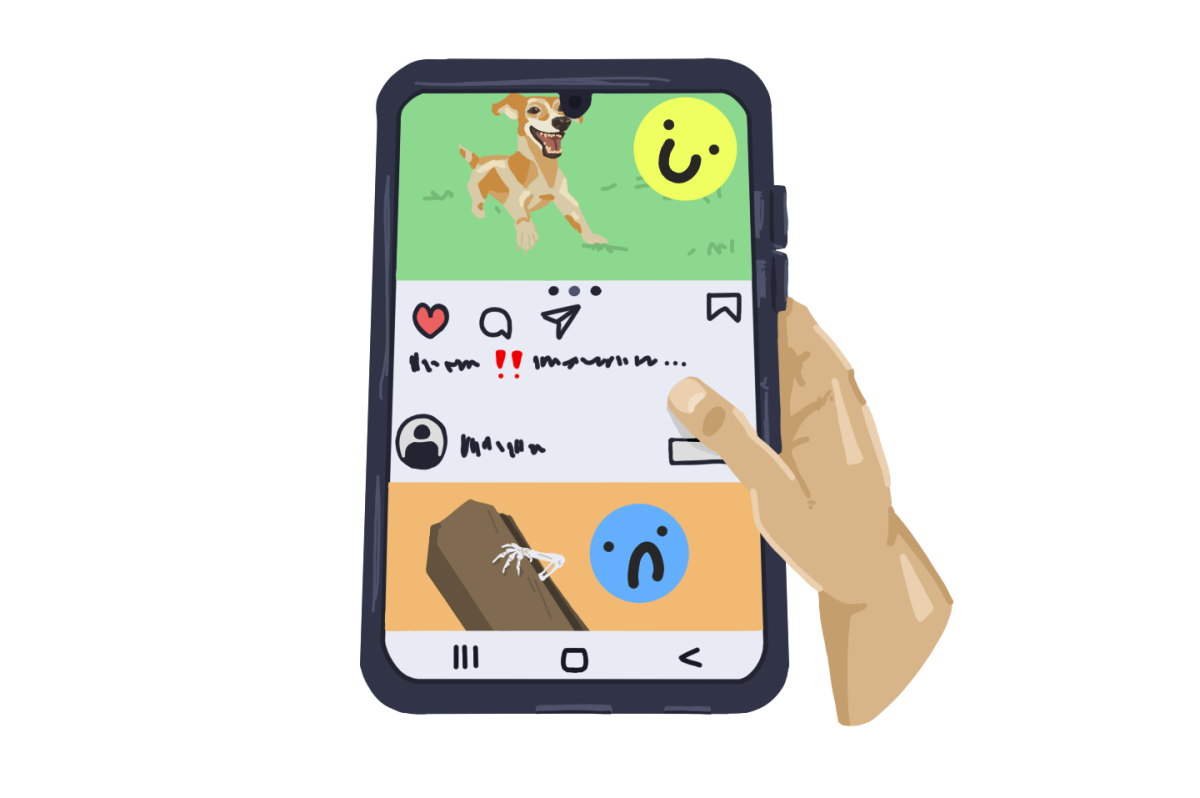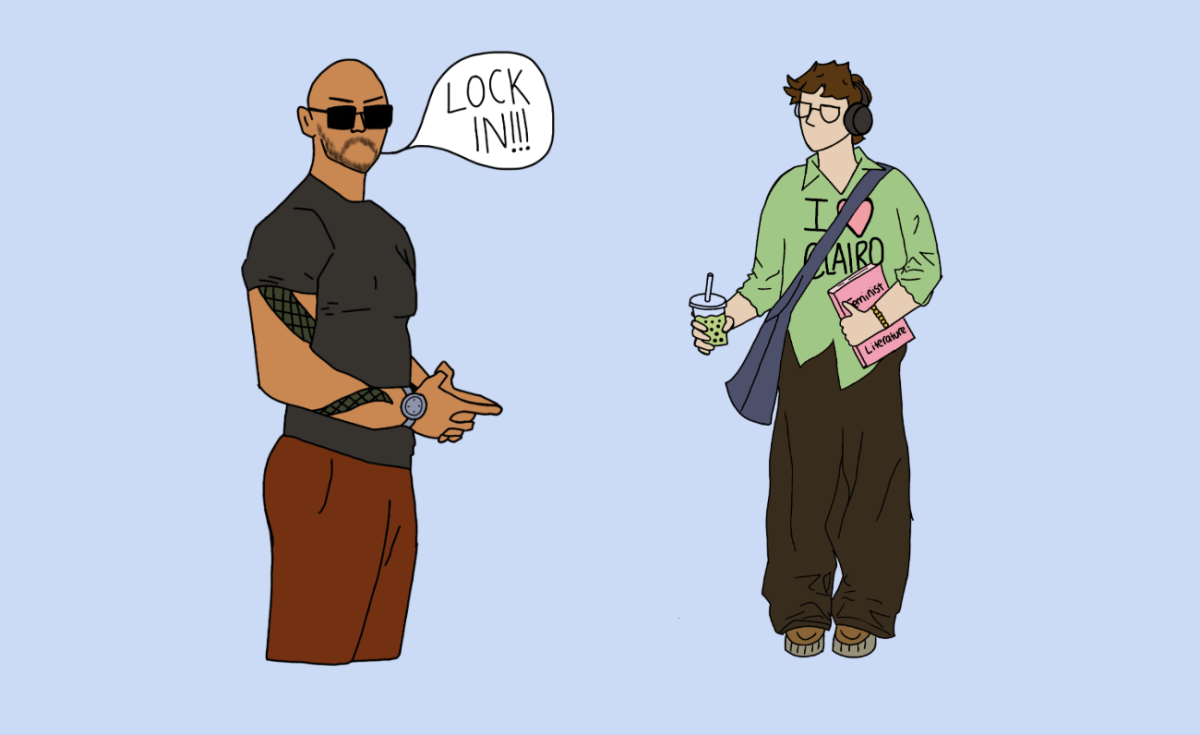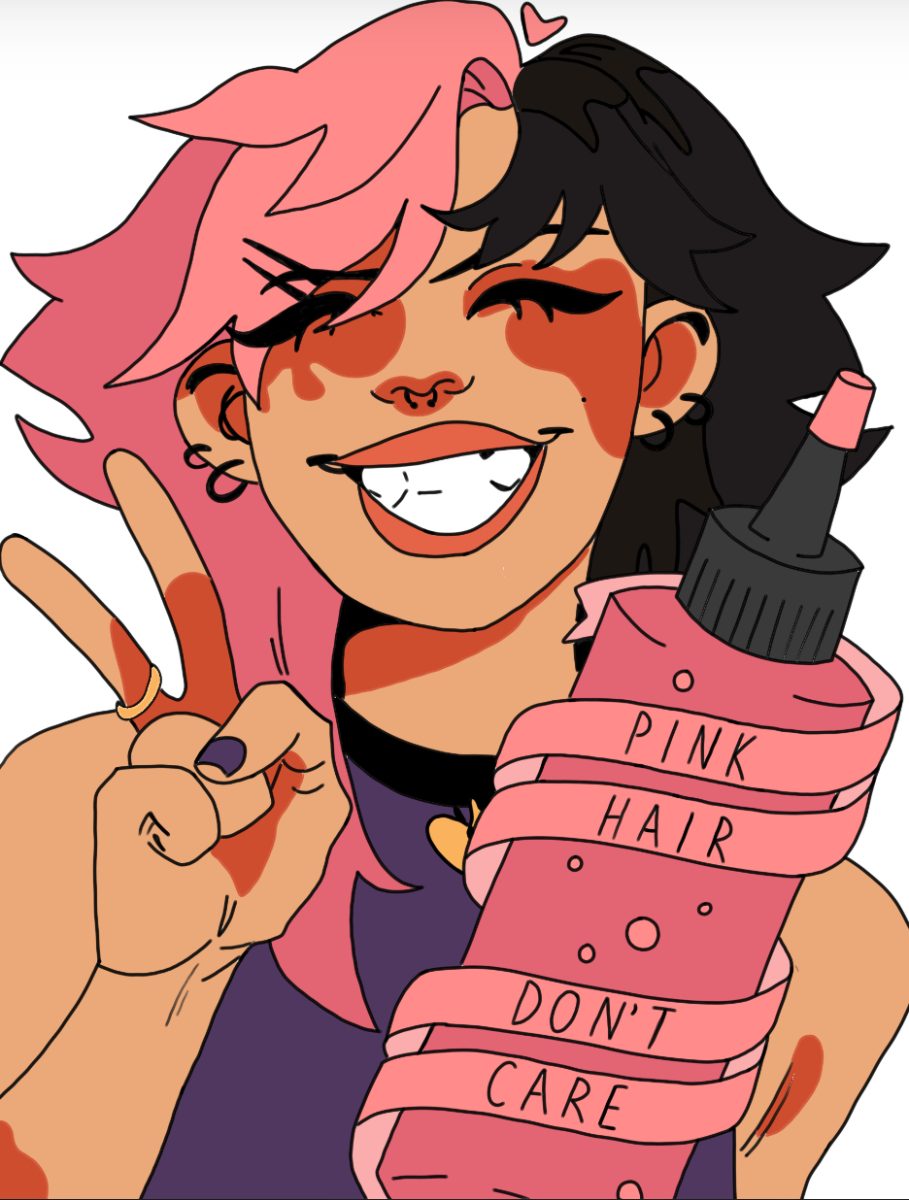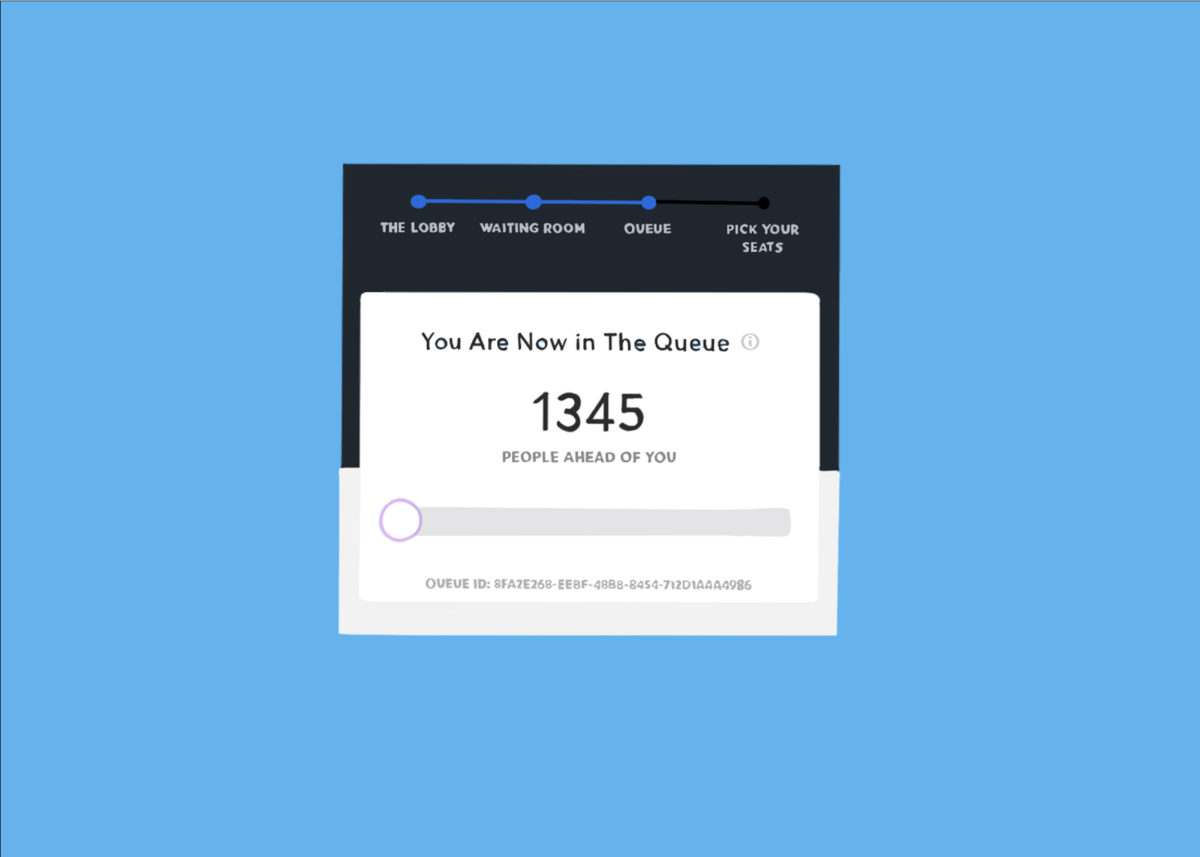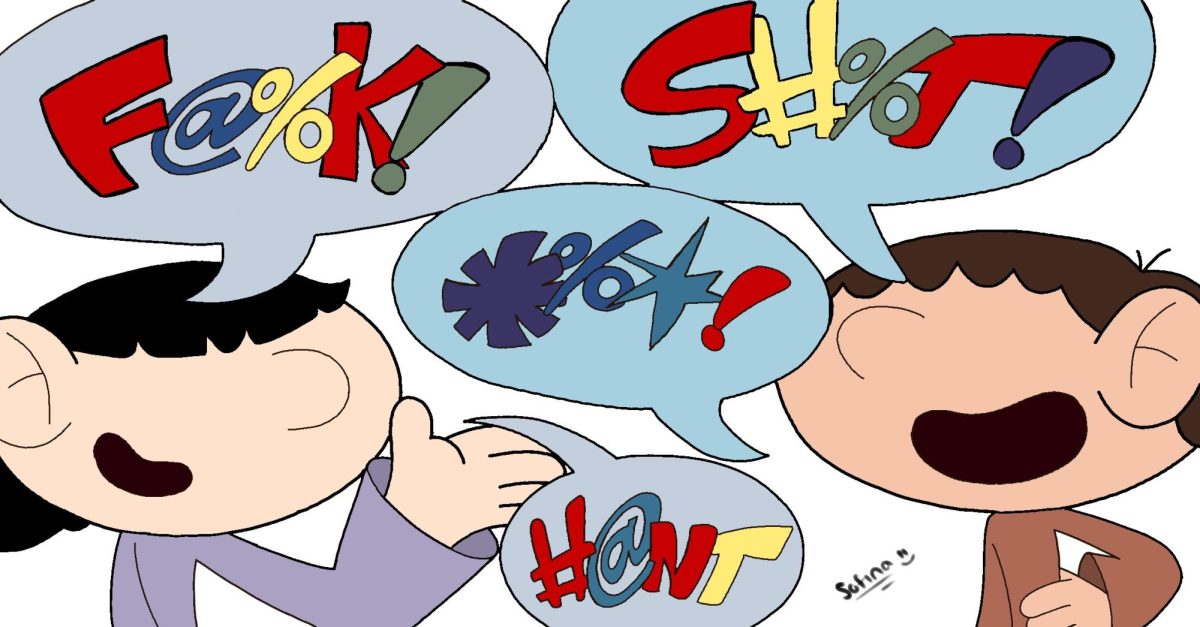In the wise words of Mary Poppins, “a spoonful of sugar helps the medicine go down.” Similarly, clever satire and jokes can make uncomfortable topics easier to discuss. Why is it that comedy makes for such an effective communication device, and where do we see it in everyday life? To joke or not to joke—that is the question.
Some comedians choose to use their platforms to educate audiences on such topics in hopes of creating positive societal change. Hasan Minhaj’s “Patriot Act” —a stand-up comedy show that aired from 2018 to 2020 —artfully addressed complex socio-political issues America faces, from climate change to police brutality. Through the show, many have learned of the problems in our country in a non-threatening format, a valuable trait of activism during times of political sensitivity.
While it comes in many forms, the means through which most of us encounter comedy is social media. Tiktok and Instagram Reels feature thousands upon thousands of funny videos, and it is too easy to get lost in the sea of silliness. However, at some point, users are bound to come across a meme about a significant political or historical event.
It is hard to escape the new trend poking fun at a quote by Donald Trump from a recent presidential debate. Through song and dance, people acknowledge that claiming immigrants in Springfield, Ohio eat their neighbor’s cats and dogs is ridiculous. Moreover, a harmful stereotype like this being perpetuated by a former U.S. president puts into perspective the dismal political scene in America.
The viral song that came out of this event is a prime example of people using humor to bring attention, albeit indirectly, to legitimate issues our society faces. FHS senior Borna Tabatabaei recognizes the value of comedic content in the face of these issues.
“Most people tend to laugh first and then think about it for a second,” Tabatabaei said. “It’s a really effective way to point out the absurdity [of certain situations] and [to] get other people to acknowledge that and perhaps feel strong enough to make a change themselves.”
Being exposed to and educated about certain issues is not the only benefit of this genre of content. It is good for those creating the content, too. Believe it or not, there is a cathartic release in remixing Trump’s senile sentiments into a catchy beat.
“[On] one of my Instagram accounts, anytime there’s some major event going on, I usually post about it, and I almost always do it in a humorous way,” Tabatabaei said. “I feel like it’s a good way to get my own thoughts out about a topic. It’s just an easier way to express strong feelings: through humor.”
It is no coincidence that comedic activism resonates with us so well. Humor naturally puts people at ease, and injecting it into conversations where the topic being discussed is uncomfortable or controversial makes people more receptive to the ideas presented. With clever wit here and there to temporarily dissolve people’s biases, productive conversations become more achievable.
“It’s a very accessible form of media,” FHS senior Tara Krishna said. “It makes a topic less daunting if everyone can laugh at it or have an opinion.”
Although using humor to educate people and raising awareness about world affairs has its benefits, cracking jokes about somber subjects can easily go wrong. Because of this, it is important to identify when humor can be more harmful than helpful.
“I would say the constraint on [using humor to address a serious issue] is punching up versus punching down,” Krishna said. “If you’re punching up and you’re making a crack at an oppressor, I think it’s objectively way more funny and way more effective than belittling a group that’s already being belittled.”
Comedy as an art form is unique in its ability to be used as a prominent tool for various forms of activism. When done properly, it allows for sensitive and sometimes controversial topics to be discussed in a comfortable, non-hostile environment, making comedy one of the most important mediums for activism in the 21st century.



